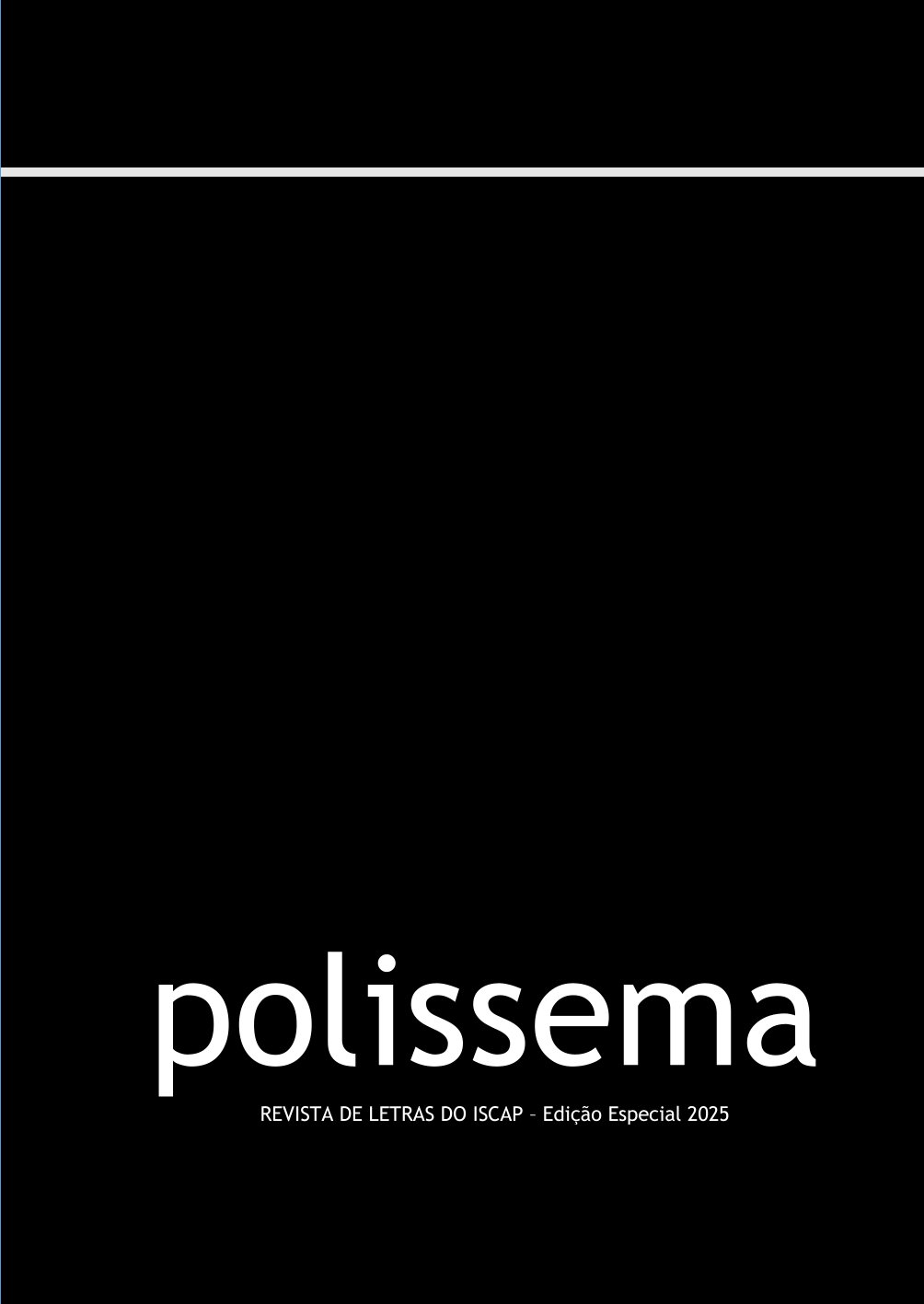DEALING WITH PERFIDIOUS ALBION: THE CHALLENGES OF TRANSLATING THE ANTI-SPANISH RELIGIOUS SENTIMENT OF WILLIAM SHAKESPEARE'S OTHELLO INTO SPANISH
DOI:
https://doi.org/10.34630/polissema.v1i25.6095Keywords:
Black Legend, anti-Spanish sentiment, Shakespeare, Othello, translation, religious intertextualityAbstract
A first approach to the works of William Shakespeare might surprise some readers or theatergoers upon realizing that, at first glance, the values reflected in his texts, especially in his most controversial works, are not those we share today in the 21st century. This article examines how Shakespeare’s Othello embodies the anti-Spanish sentiment prevalent in England during the 16th and 17th centuries, complicating its translation into Spanish. The portrayal of Othello as a ‘Moor’ presents challenges, shaped by the historical context of the Black Legend and the Protestant-Catholic religious division. Thus, this study reveals how cultural and political connotations distort the protagonist’s character. By comparing Othello to Spanish literary figures such as Abindarráez or Cide Hamete Benengeli and examining how the Shakespearean character is viewed in Spanish culture, we explore alternative interpretations of the Moorish identity that defy the prevailing negative stereotypes. Additionally, this research highlights how Shakespeare was potentially aware of these more nuanced portrayals of Moors in Spanish literature, which contrasts sharply with the traditional depiction in the Black Legend. Ultimately, this study argues that the ideological label of the Black Legend has shaped perceptions of Spanish identity in a way that hinders a faithful representation of Othello in Spanish, offering insights into the complexities of translating Shakespeare’s work across cultures.
References
Arnoldsson, S. (1960). La Leyenda Negra: estudios sobre sus orígenes. Elander.
Cervantes, M. (2015). Don Quijote de la Mancha (Edición conmemorativa de la RAE y la ASALE). RAE.
Conejero-Magro, L. J. (2020). La caracterización del bufón shakespeariano mediante los vituperios de Jack Falstaff. In A. Corbacho Sánchez & M. C. Fernández-Fígares (eds.), Nuevas reflexiones sobre la fraseología del insulto. Peter Lang, pp. 63-76.
Edelmayer, F. (2011). The ‘Leyenda Negra’ and the circulation of anti-Catholic and anti-Spanish prejudices. European History Online (EGO). Institute of European History. http://www.ieg-ego.eu/edelmayerf-2010-en.
Everett, B. (2000). “Spanish” Othello: The making of Shakespeare’s Moor. In C. M. S. Alexander & S. Wells (eds.), Shakespeare and race. Cambridge University Press, pp. 123-140.
Glenn, R. F. (1965). The moral implications of El Abencerraje. MLN, 80, 202-209.
Greenblatt, S., et al. (2008). The Norton Shakespeare: Tragedies (2nd ed.). Oxford University Press.
Griffin, E. (1998). Un-Sainting James: Or, Othello and the ‘Spanish spirits’ of Shakespeare’s Globe. Representations, 62, pp. 58-99.
Groundland, M. (2006). Introduction. In El Abencerraje. European Masterpieces.
Juderías, J. (1914). La leyenda negra y la verdad histórica: contribución al estudio del concepto de España en Europa, de las causas de este concepto y de la tolerancia política y religiosa en los países civilizados. Tip. de la Rev. de Arch., Bibl. y Museos.
Kamen, H. (2008). Imagining Spain: Historical myth and national identity. Yale University Press.
López Estrada, F. (Ed.). (n.d.). El Abencerraje. Letras Hispánicas. (Original work published 1565).
Lyotard, J.-F. (1984). The postmodern condition: A report on knowledge (trans. by G. Bennington & B. Massumi). University of Minnesota Press.
Maltby, W. S. (1971). The Black Legend in England. Duke University Press.
Matulka, B. (1933). On the European diffusion of the “Last of the Abencerrajes” story in the sixteenth century. Hispania, 16, pp. 369-388.
Sánchez Jiménez, A. (2016). Leyenda Negra: La batalla sobre la imagen de España en tiempos de Lope de Vega. Cátedra.
Shakespeare, W. (n.d.). Othello. In S. Greenblatt et al. (Eds.), The Norton Shakespeare: Tragedies (2nd ed.). Norton.
Usunáriz, J. M. (2015). Envidia de la potencia del rey católico: Respuestas españolas a las críticas de sus enemigos en los siglos XVI y XVII. In Y. Rodríguez Pérez, A. Sánchez Jiménez, & H. den Boer (eds.), España ante sus críticos: Las claves de la Leyenda Negra. Iberoamericana & Vervuert.
Wilson, E. M. (1980). A Hispanist looks at Othello. In Spanish and English literature of the 16th and 17th centuries. Cambridge University Press, pp. 201-219.
Downloads
Published
How to Cite
Issue
Section
License
Copyright (c) 2025 POLISSEMA – ISCAP Journal of Letters

This work is licensed under a Creative Commons Attribution-NonCommercial-NoDerivatives 4.0 International License.


